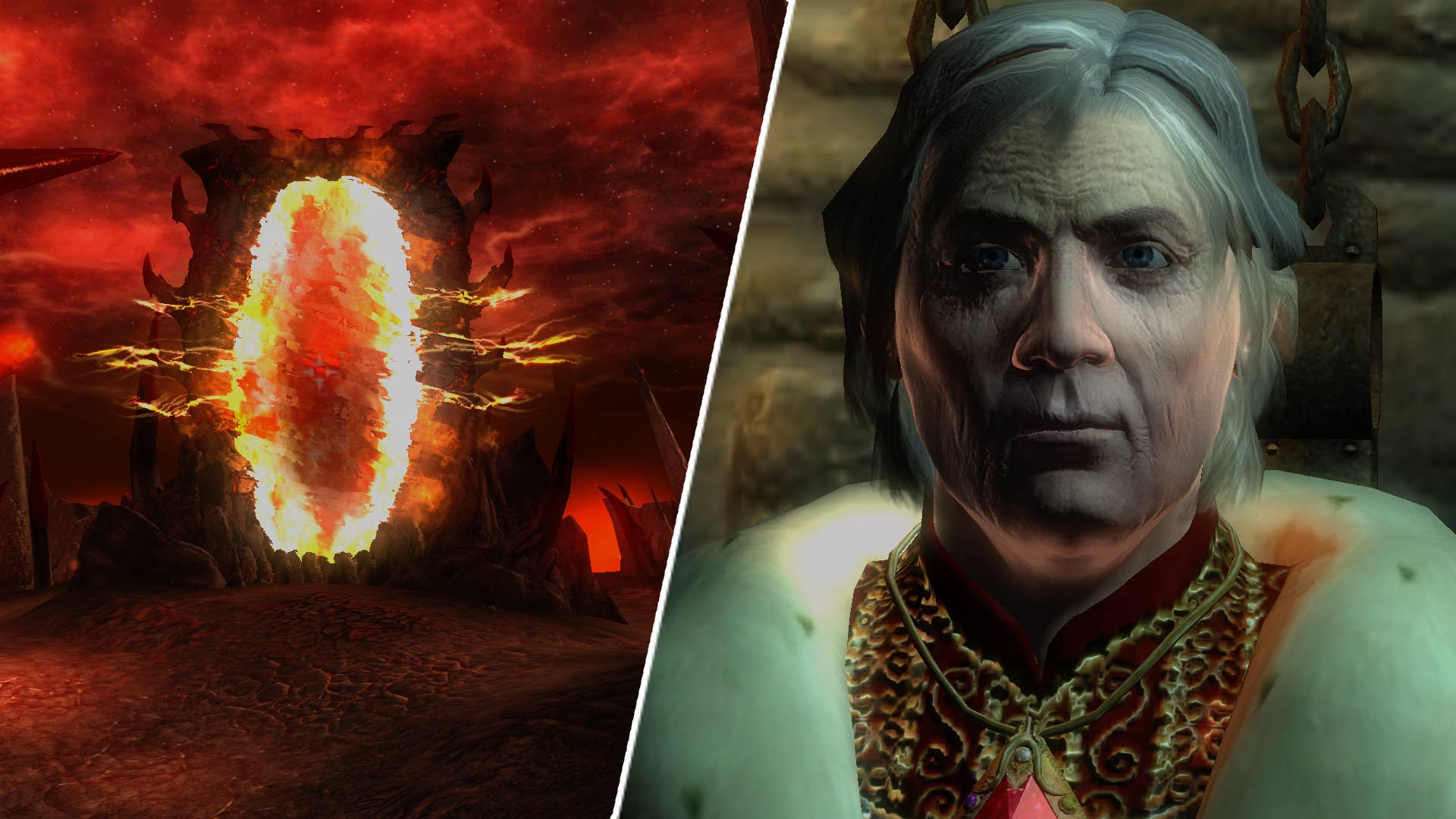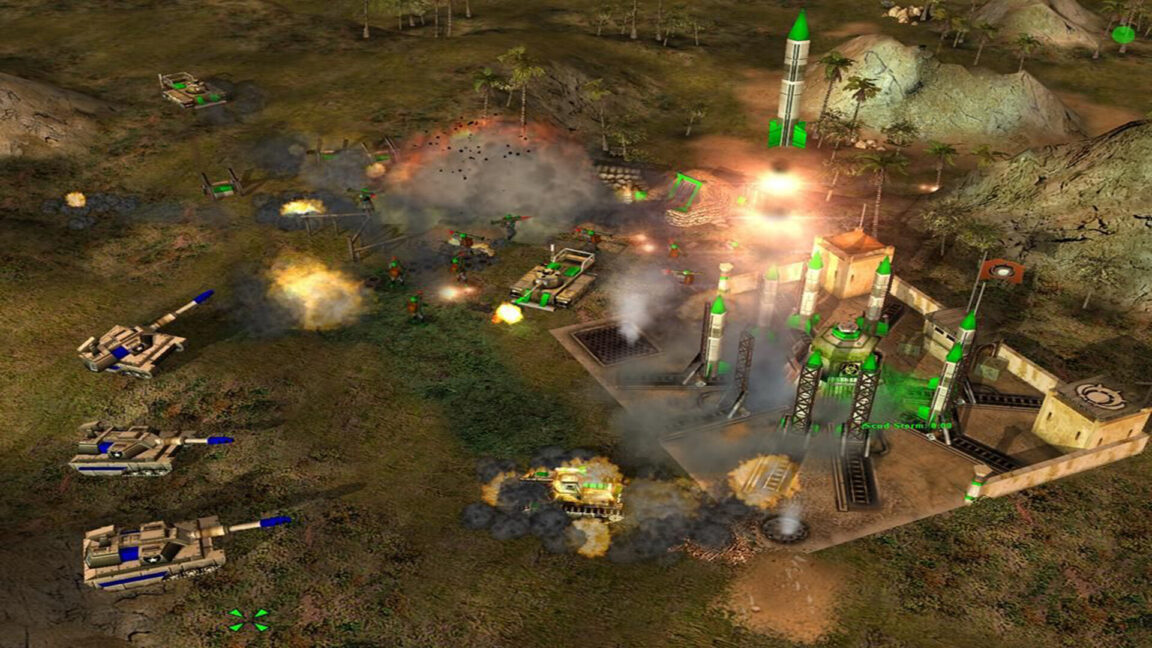F1 in Saudi Arabia: Blind corners and walls at over 200 mph
After four years of the same technical rules, there's not much left to find.
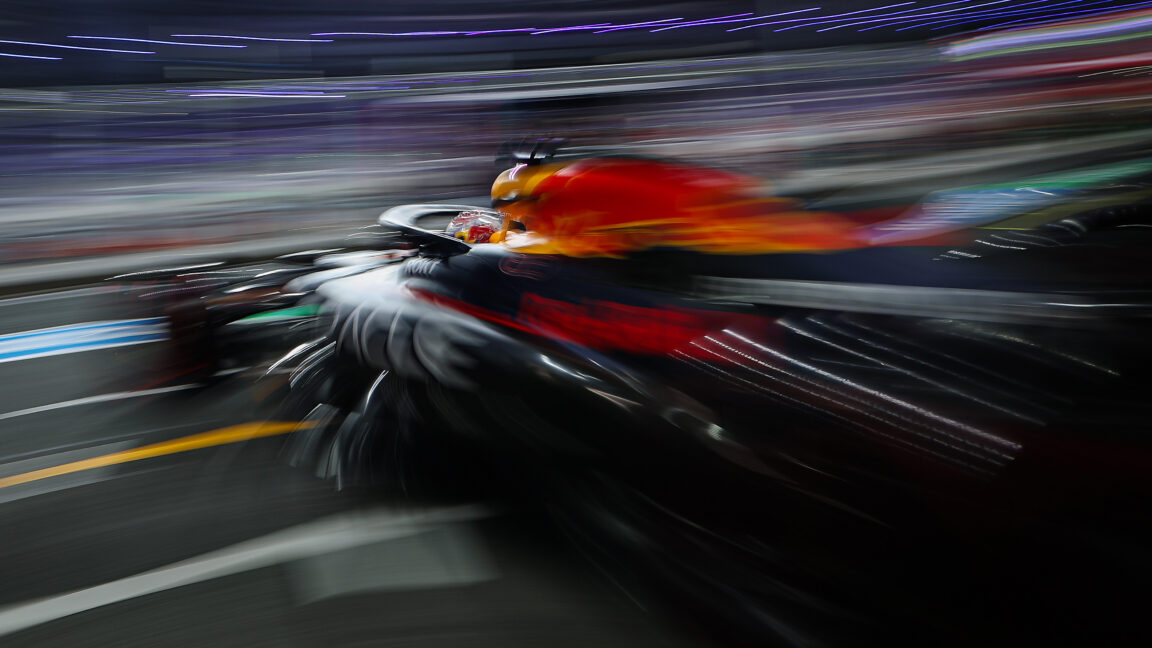
The Formula 1 race in Saudi Arabia last night was the fifth race in six weeks. The latest venue is a temporary street circuit of a breed with Las Vegas. It's a nighttime race set against a backdrop of bright-colored lights and sponsor-clad concrete walls lining the track. Except in Jeddah, many of the corners are blind, and most are very fast. As at Suzuka, qualifying was very important here, with just a few milliseconds making the difference.
Although it's far from the only autocratic petrostate on the F1 calendar, some people remain uncomfortable with F1 racing in Saudi Arabia, given that country's record of human rights abuses. I've not been, nor do I have any plans to attend a race there, but I had my eyes opened to a broader perspective by a couple of very thoughtful pieces written by motorsport journalist and sometime Ars contributor Hazel Southwell, who has attended several races in the kingdom, including as an independent journalist. Feel free to blast the sport in the comments, but do give Hazel's pieces a read.
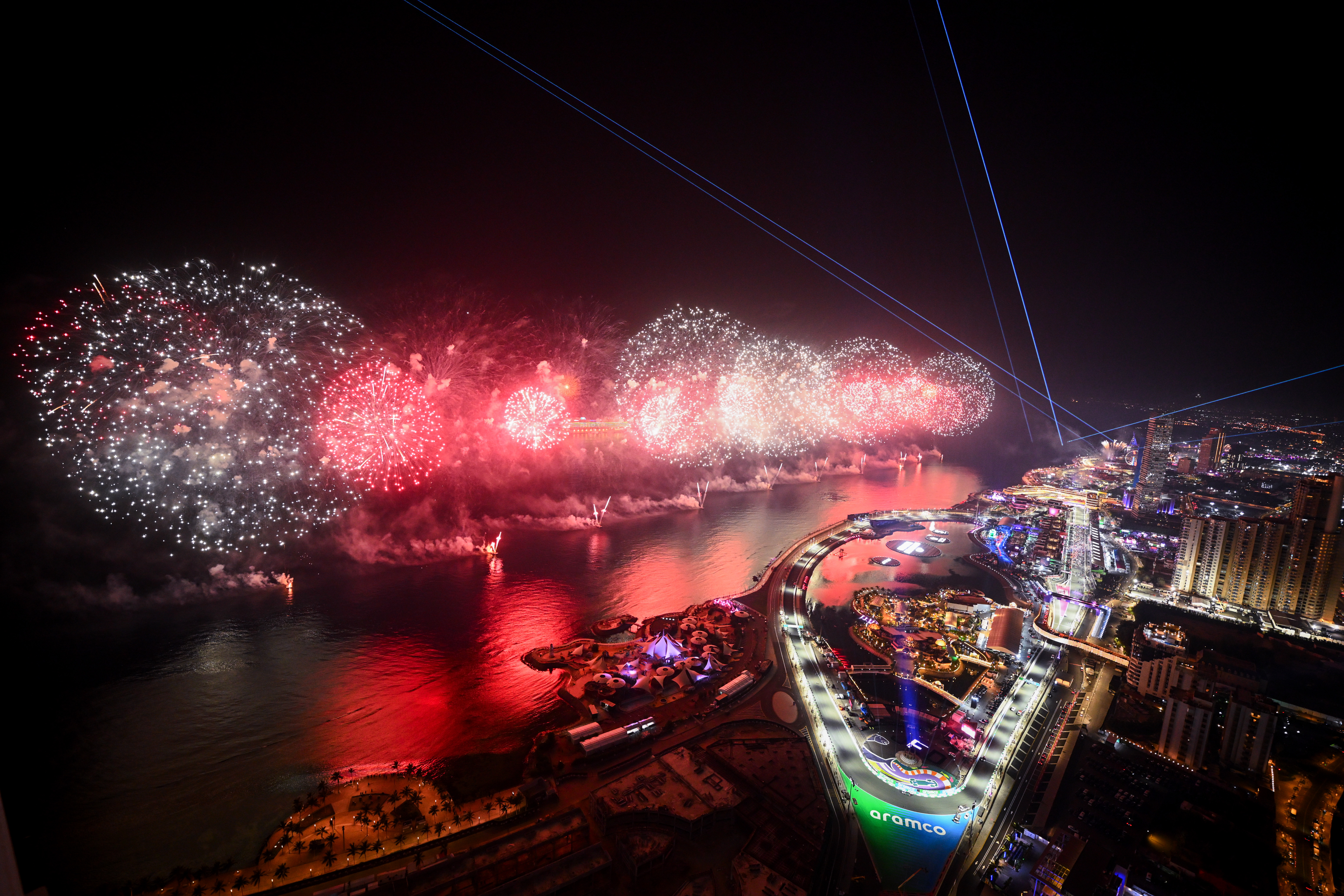 Fireworks, drones, lasers, floodlights, LEDs... you'd think this was compensating for something.
Credit:
Clive Mason/Getty Images
Fireworks, drones, lasers, floodlights, LEDs... you'd think this was compensating for something.
Credit:
Clive Mason/Getty Images
Red Bull really doesn’t want next year’s engine rules
Despite a meeting last week that was meant to put the matter to bed, the ongoing saga of changes to next year's powertrain rules just won't go away. From 2026 until 2030, the new powertrains will use a V6 that provides 55 percent of the car's power and an electric hybrid motor that provides the other 45 percent. So that means an F1 car will only be able to make its full 1,000 hp (750 kW) if there's charge in the battery. If the pack is depleted or derates, the car will have just 536 hp (400 kW) from its V6 engine.





















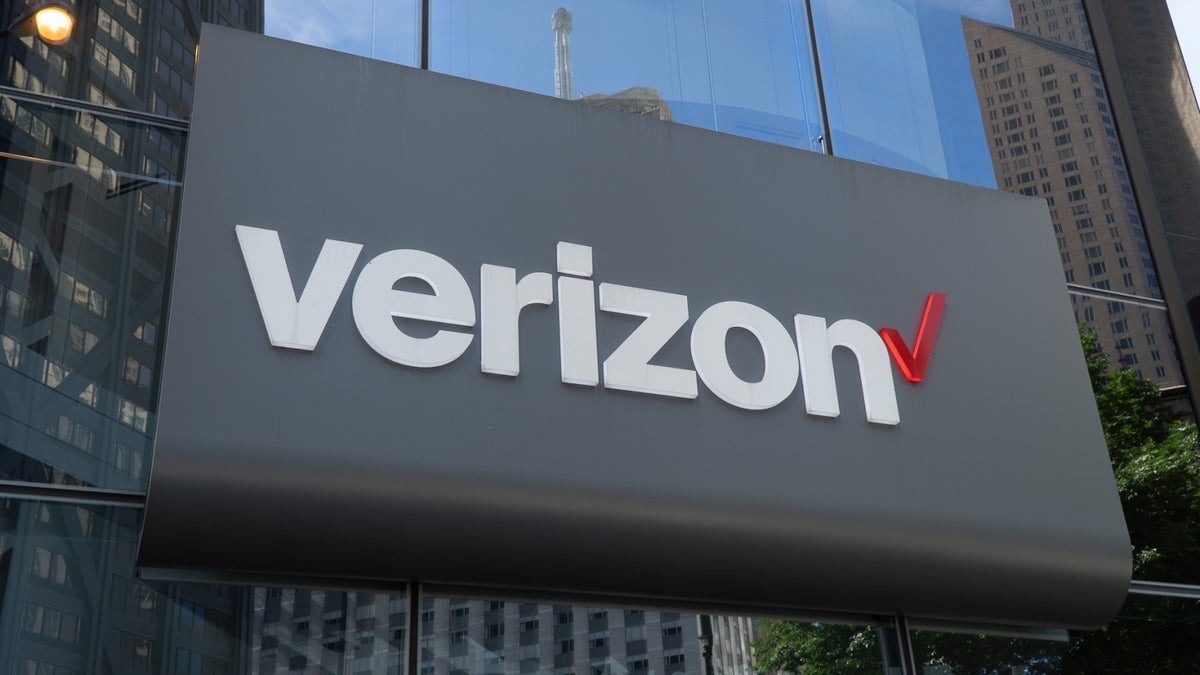
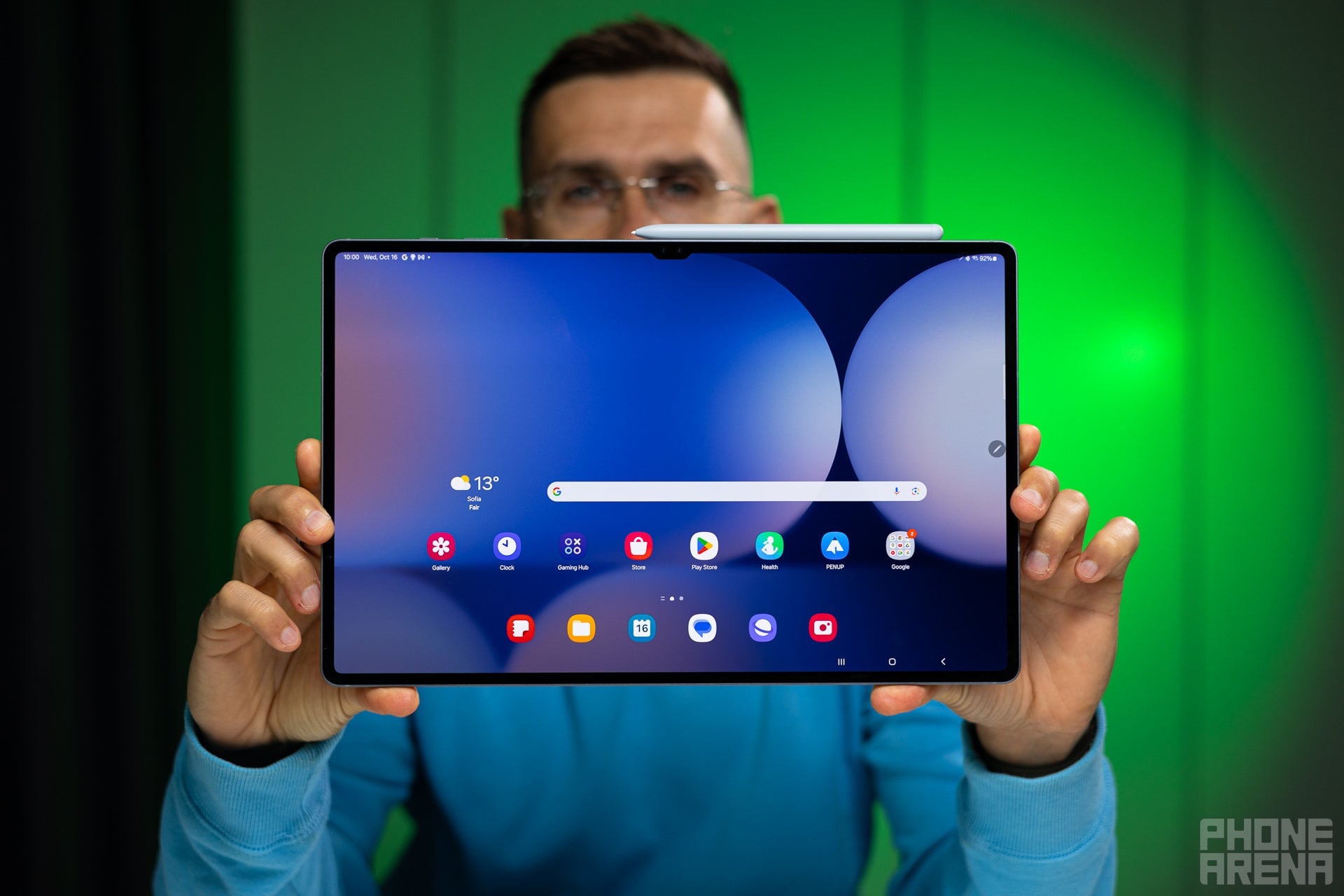





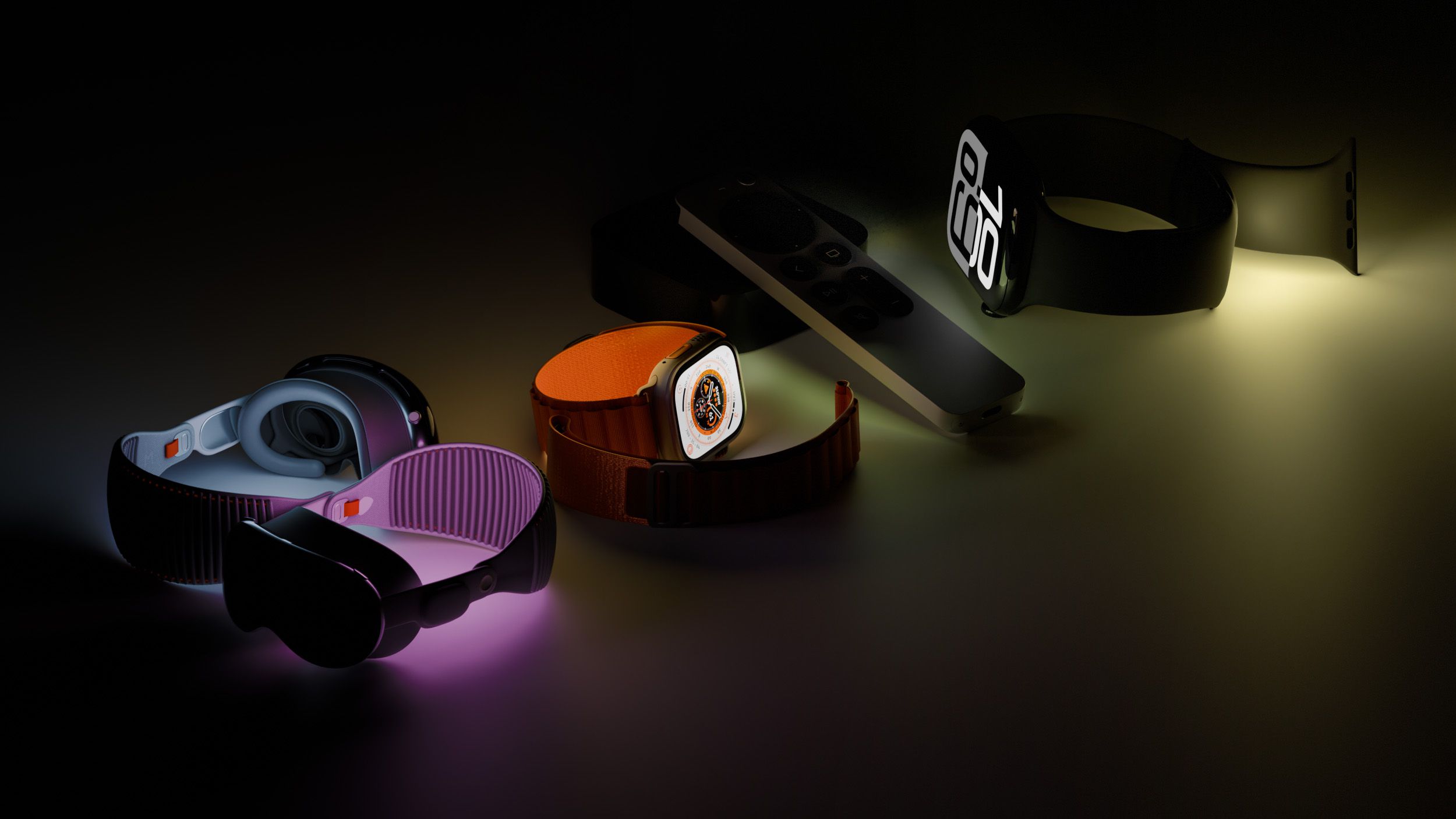













![Mobile Legends: Bang Bang [MLBB] Free Redeem Codes April 2025](https://www.talkandroid.com/wp-content/uploads/2024/07/Screenshot_20240704-093036_Mobile-Legends-Bang-Bang.jpg)


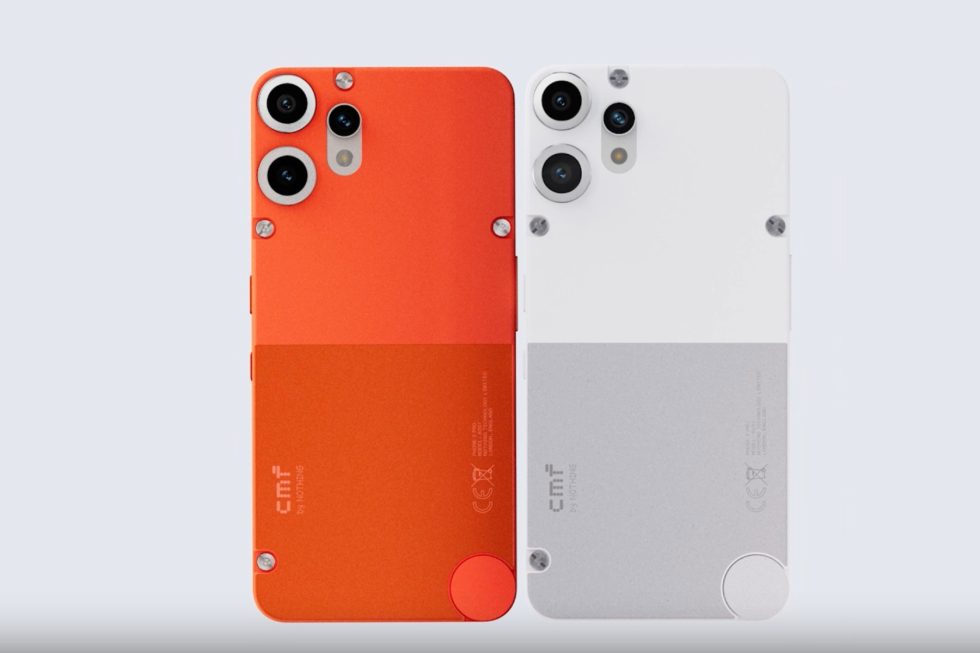



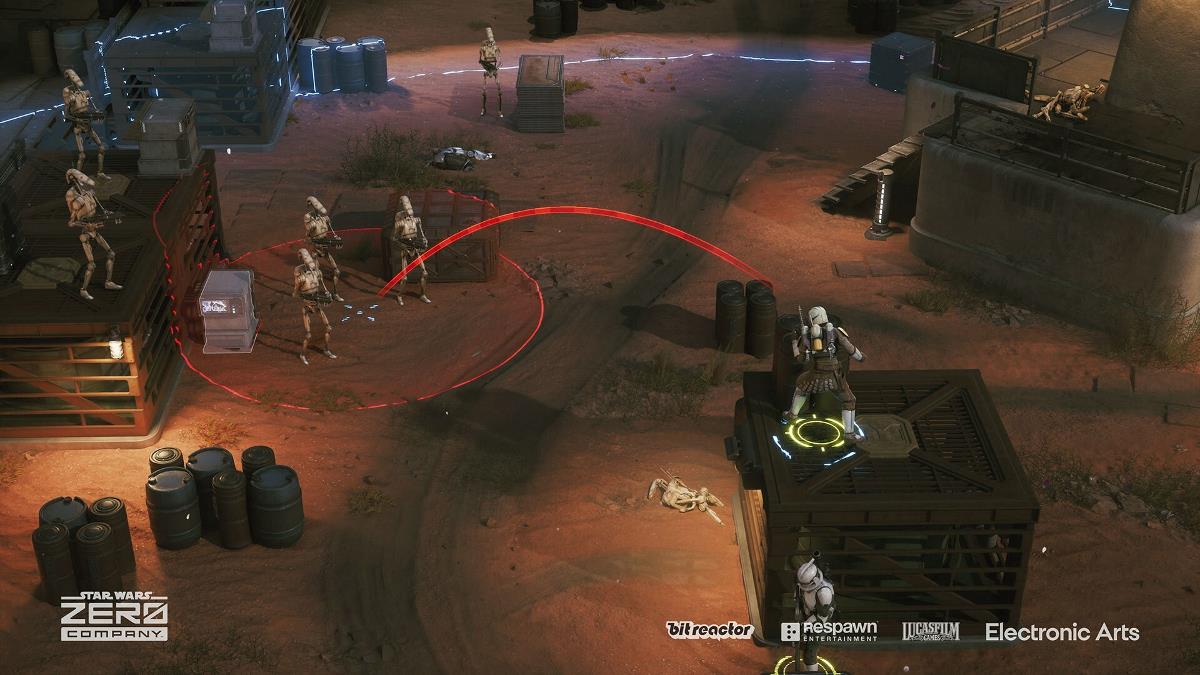





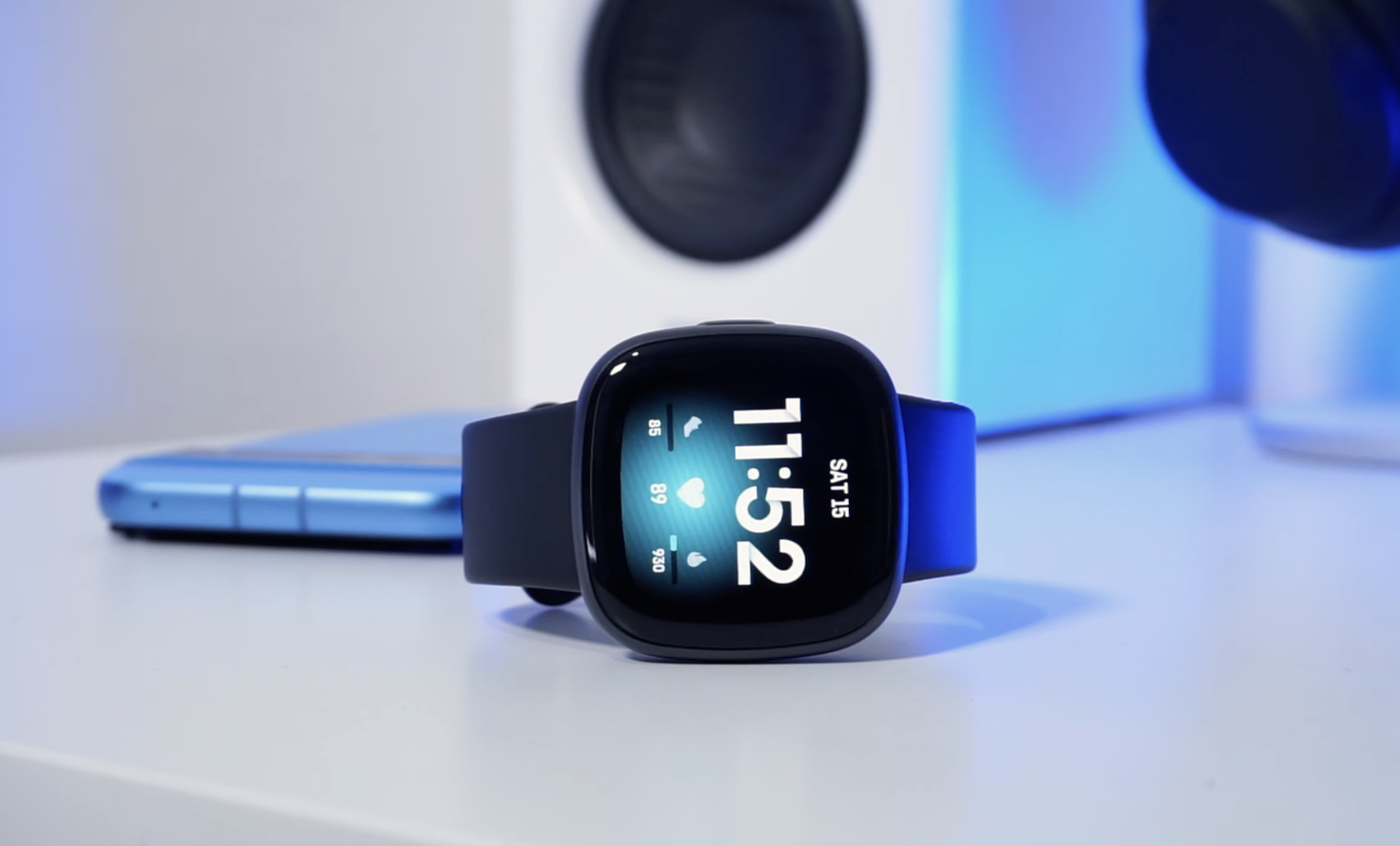











![Apple Releases iOS 18.5 Beta 3 and iPadOS 18.5 Beta 3 [Download]](https://www.iclarified.com/images/news/97076/97076/97076-640.jpg)
![Apple Seeds visionOS 2.5 Beta 3 to Developers [Download]](https://www.iclarified.com/images/news/97077/97077/97077-640.jpg)
![Apple Seeds tvOS 18.5 Beta 3 to Developers [Download]](https://www.iclarified.com/images/news/97078/97078/97078-640.jpg)
![Apple Seeds watchOS 11.5 Beta 3 to Developers [Download]](https://www.iclarified.com/images/news/97079/97079/97079-640.jpg)



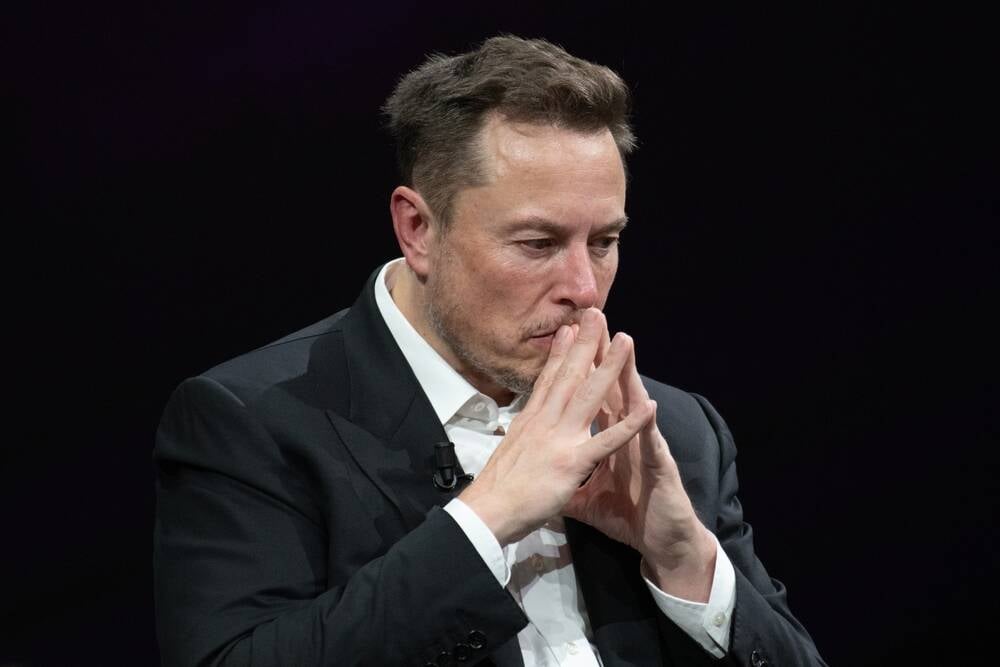









![Lenovo shows off its next 8.8-inch Legion Tab with vague AI promises [Gallery]](https://i0.wp.com/9to5google.com/wp-content/uploads/sites/4/2025/04/lenovo-legion-tab-y700-2025-1.jpg?resize=1200%2C628&quality=82&strip=all&ssl=1)





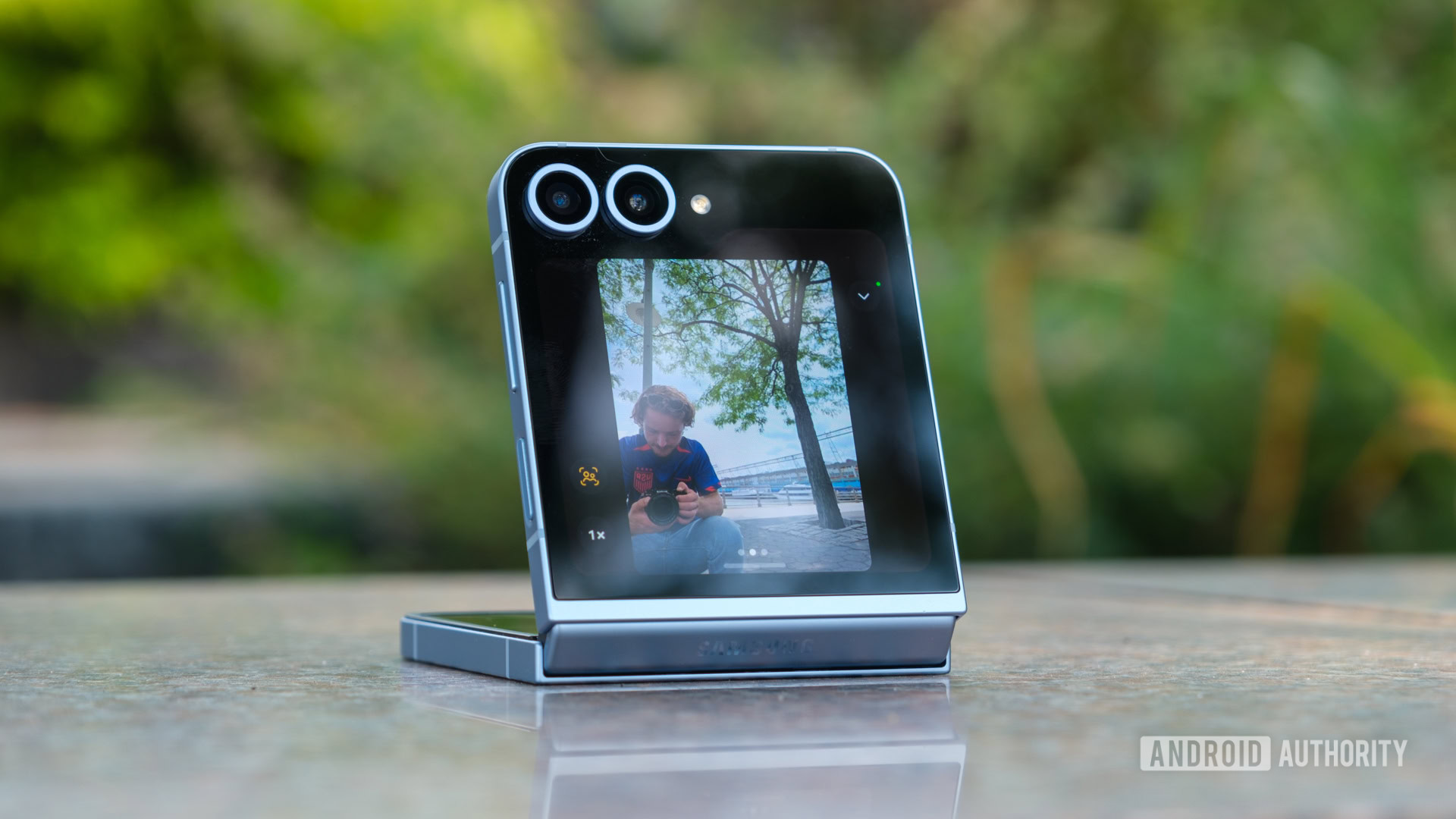

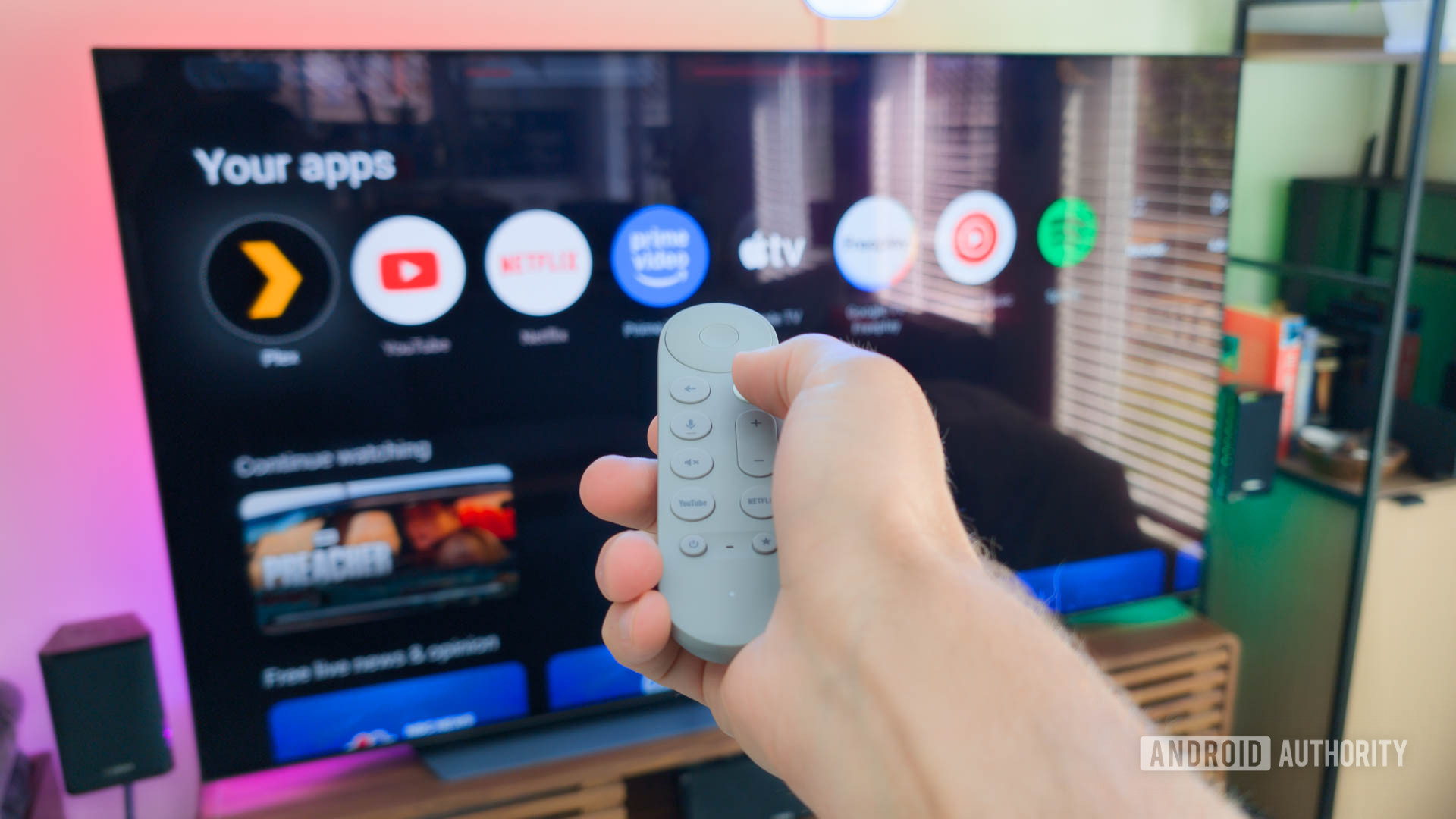
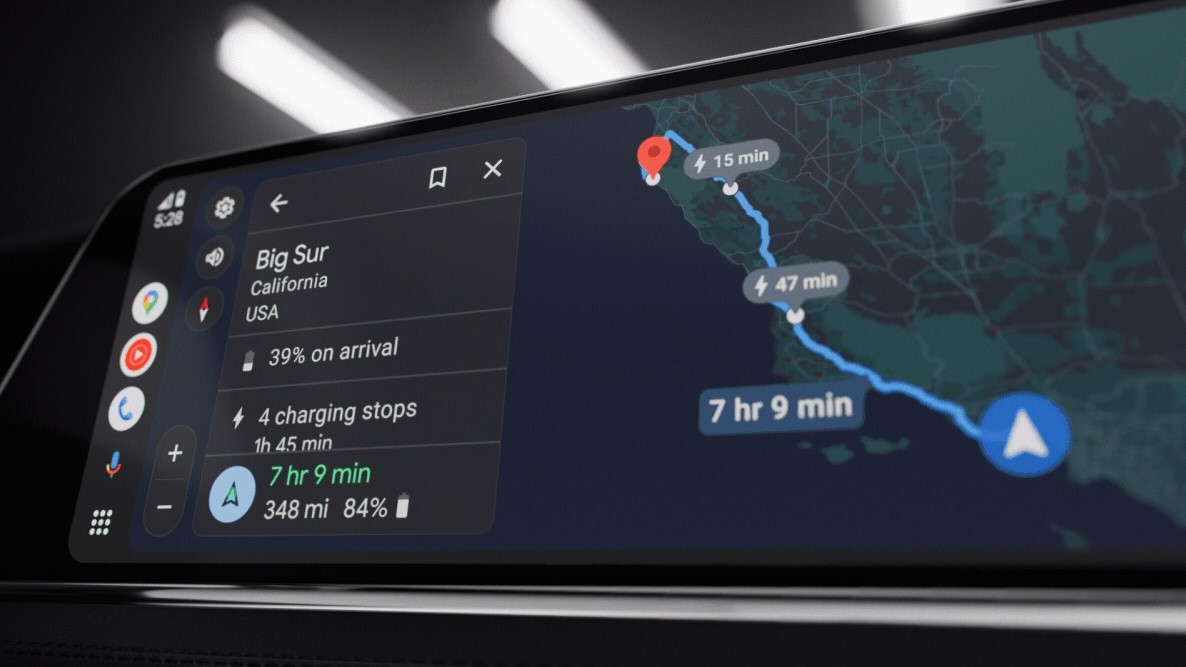
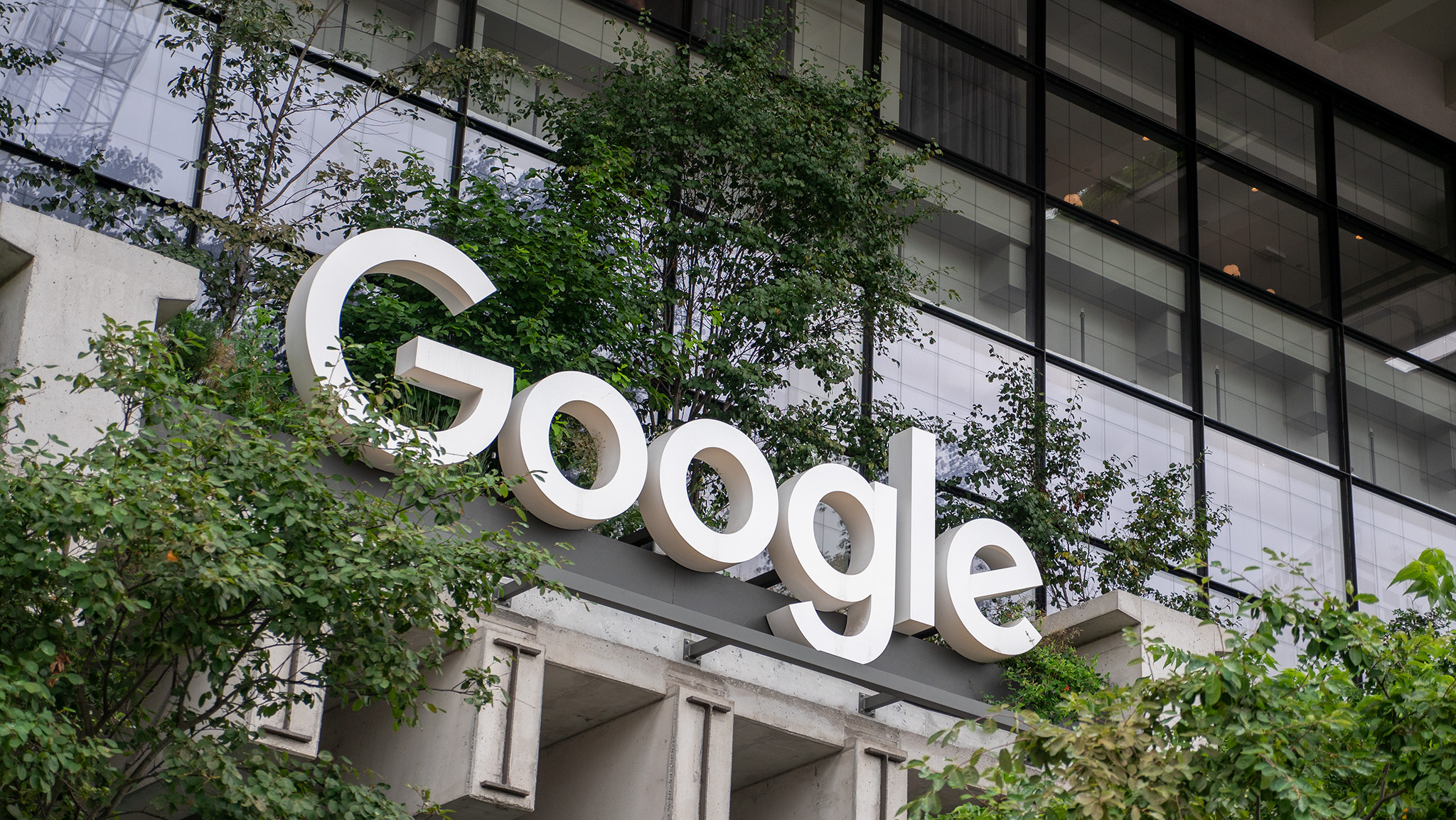
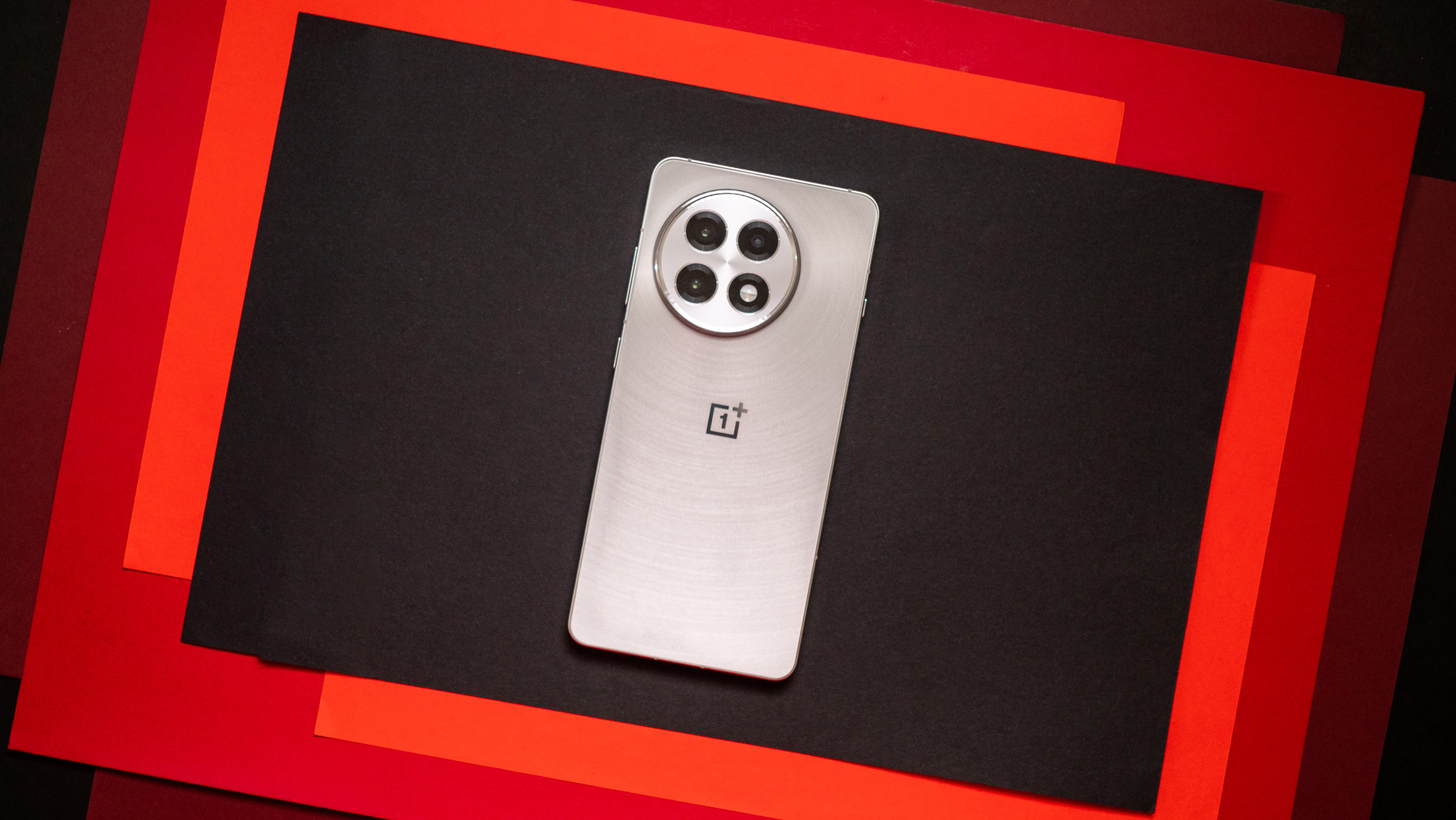

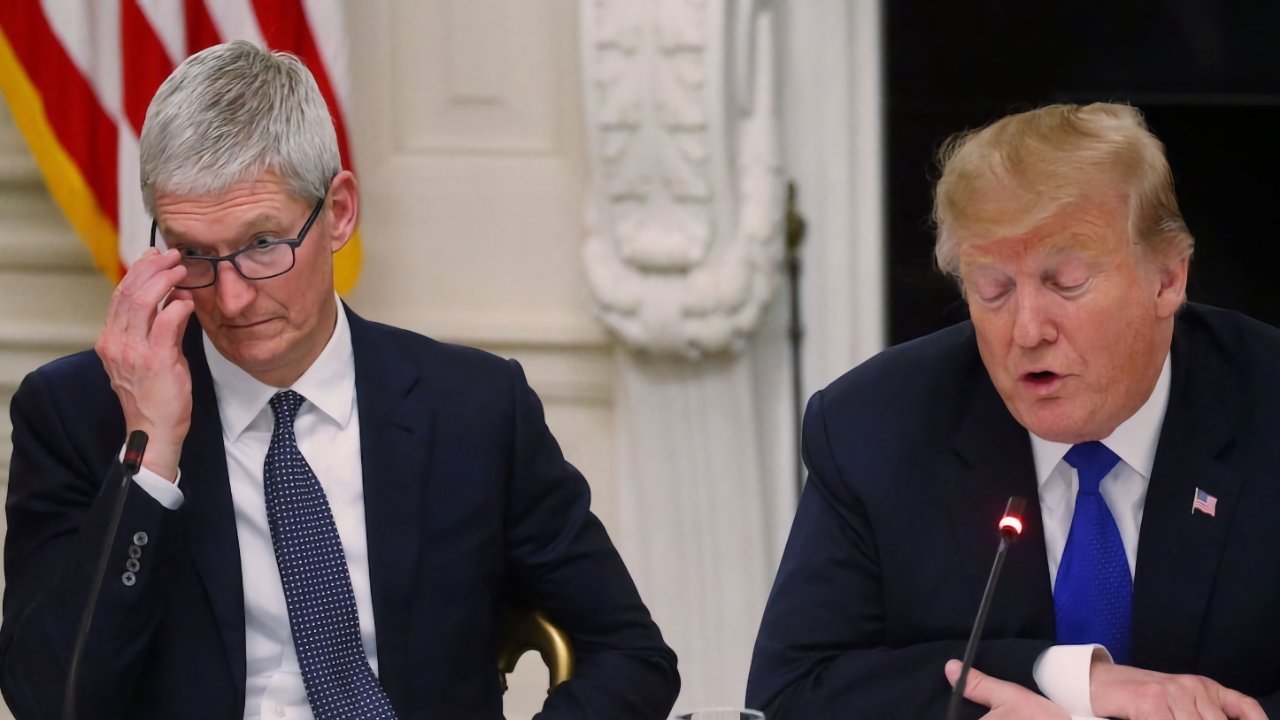



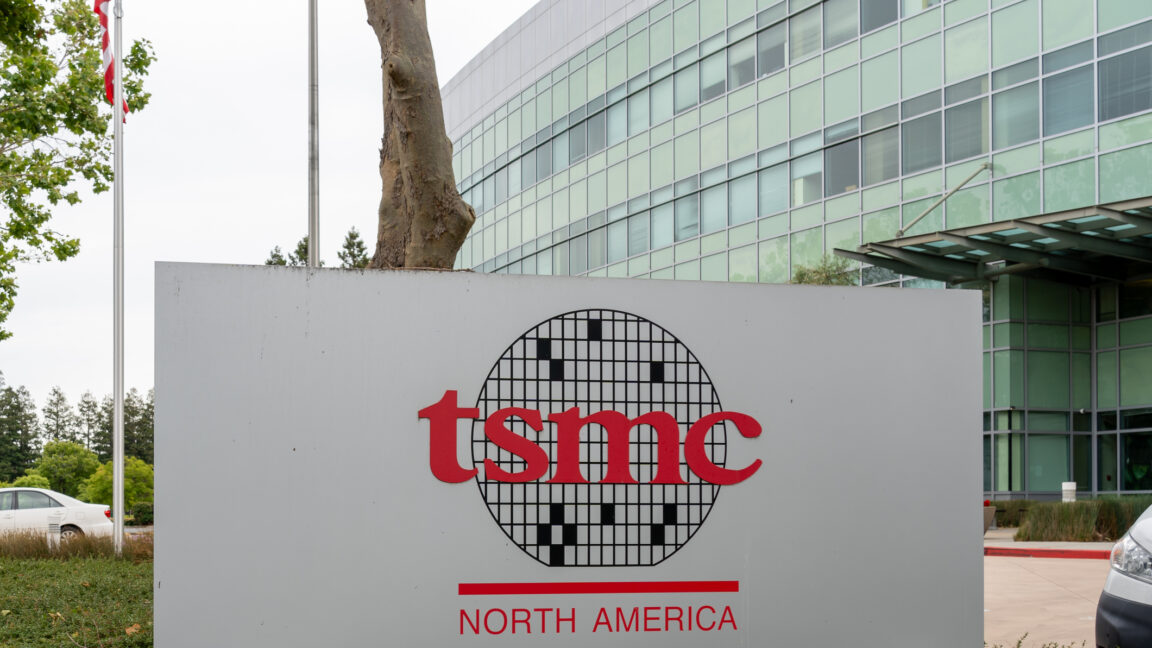























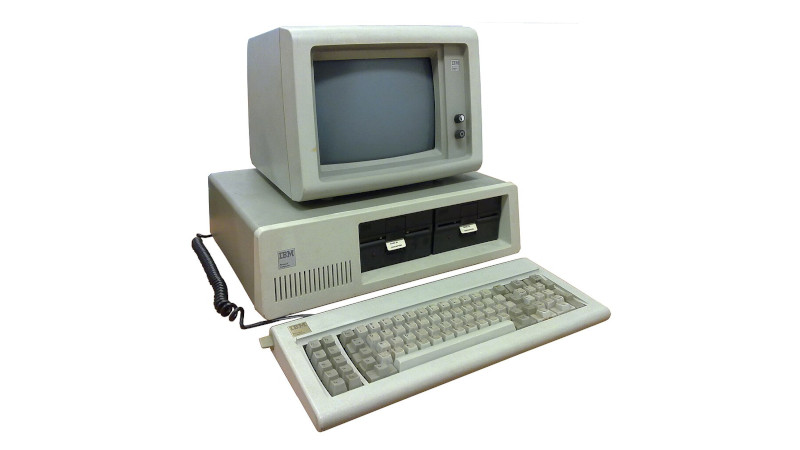

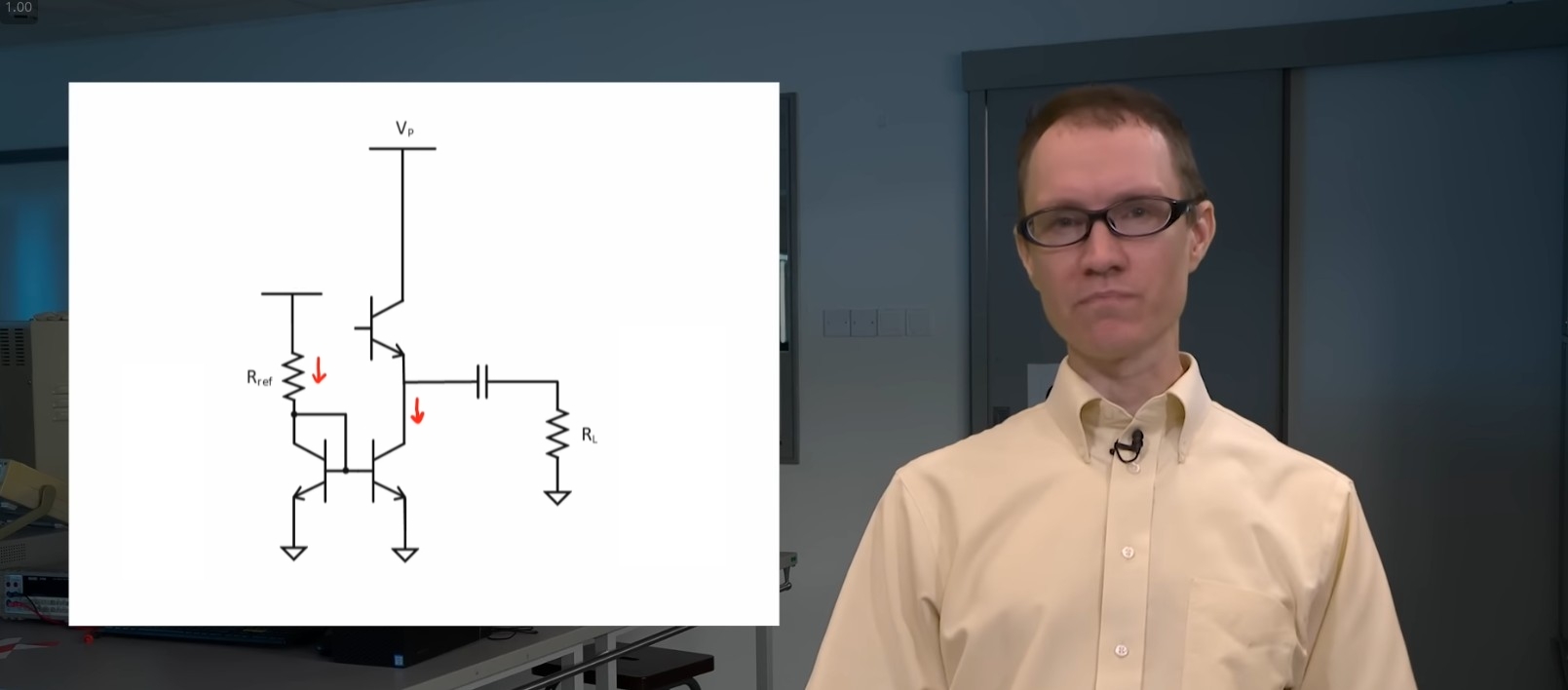











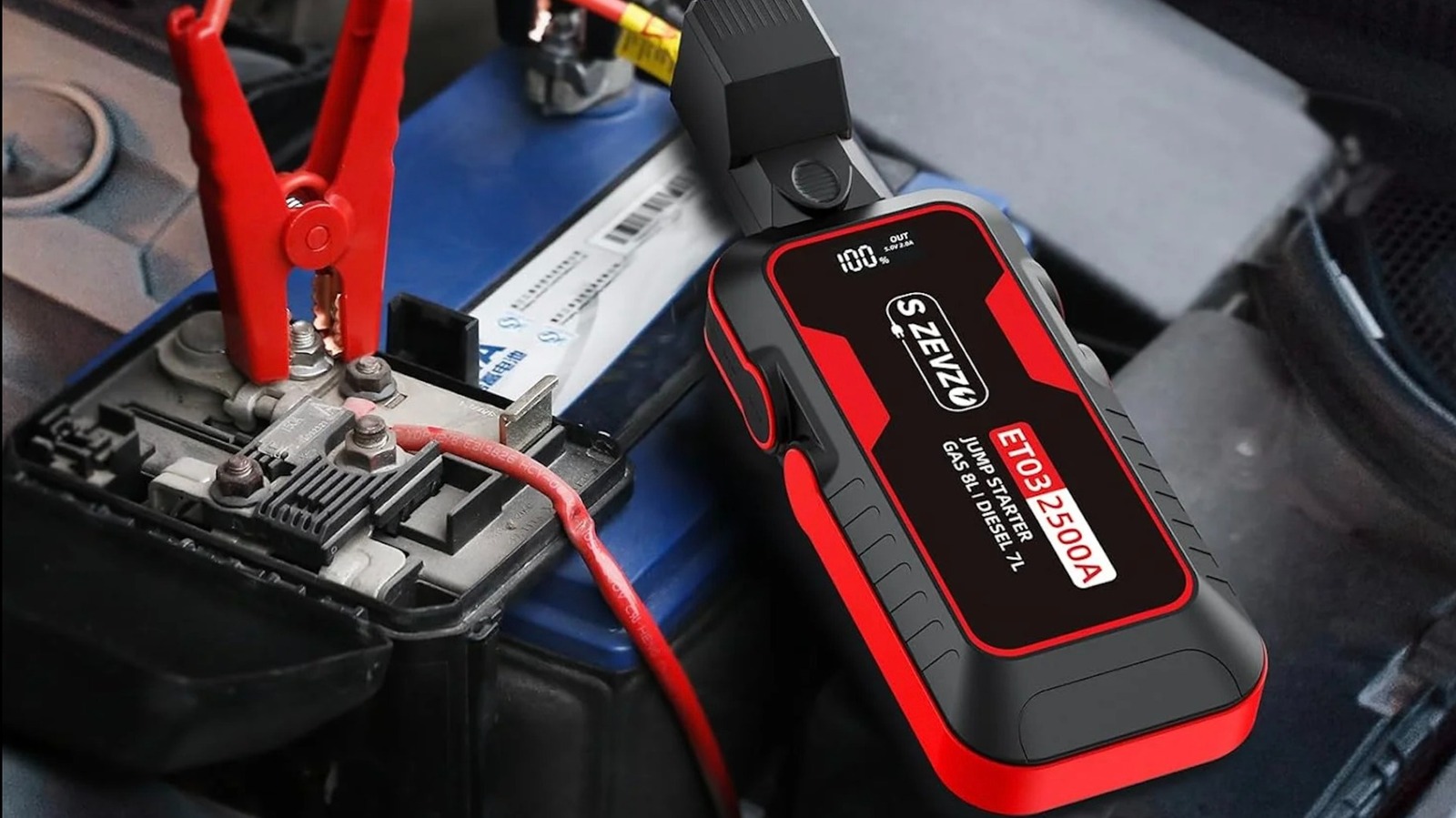
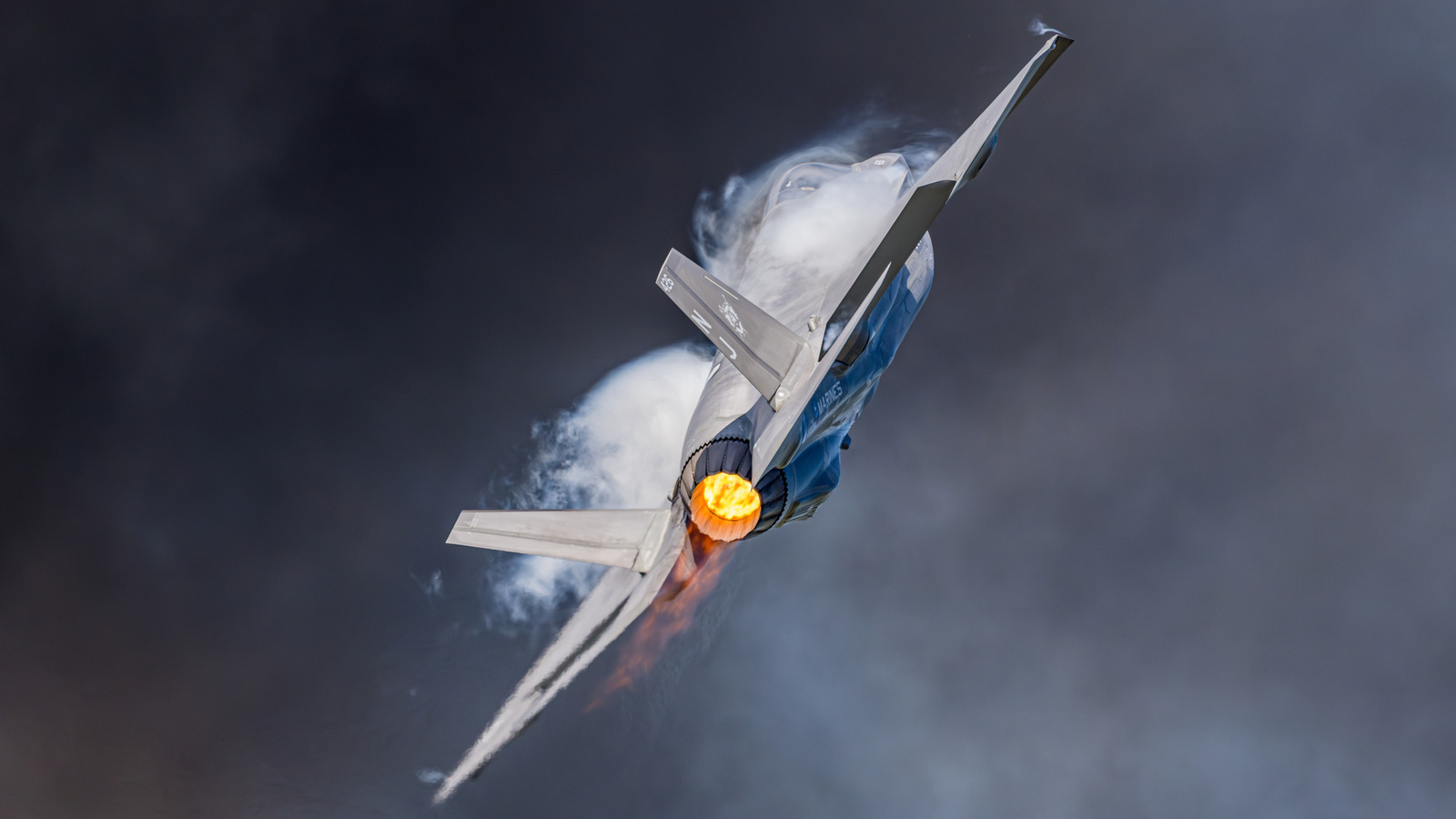
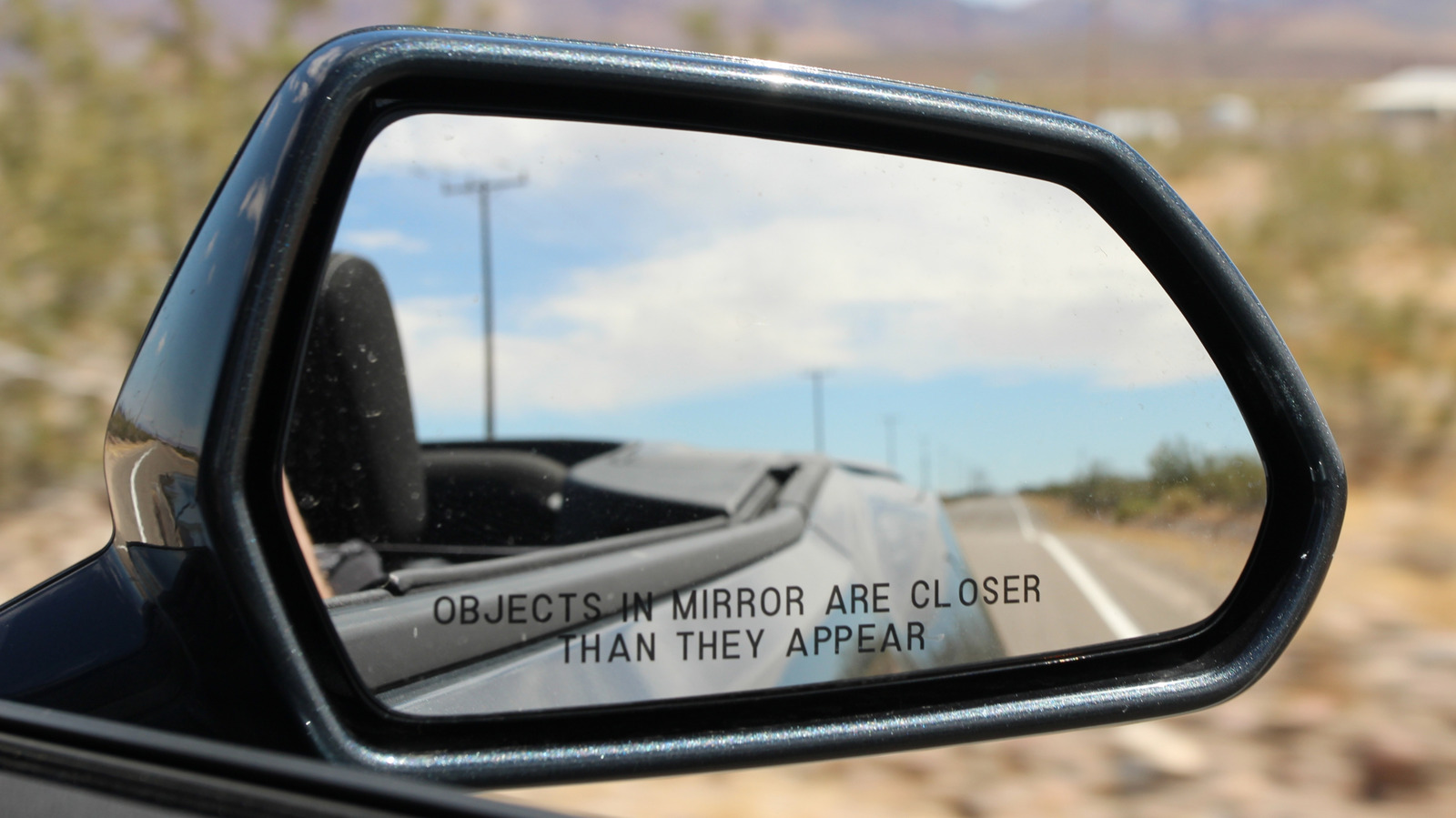





































_Tanapong_Sungkaew_via_Alamy.jpg?width=1280&auto=webp&quality=80&disable=upscale#)
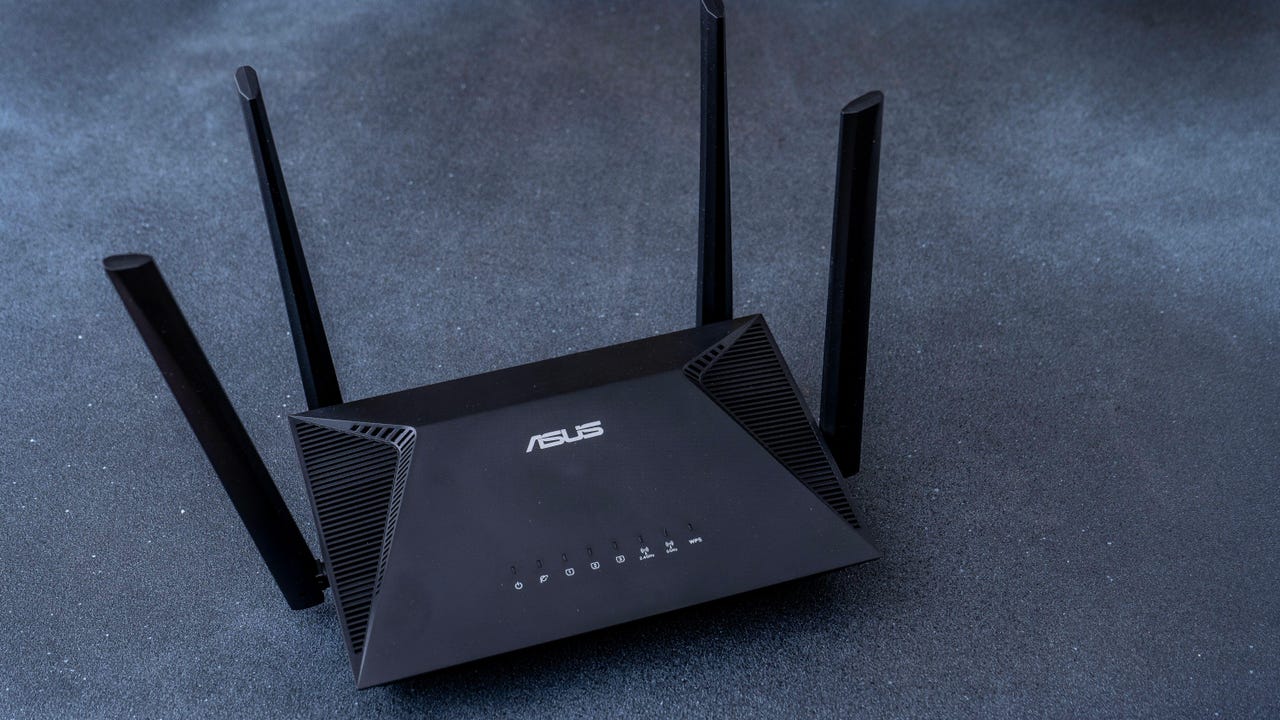



















































































![[The AI Show Episode 144]: ChatGPT’s New Memory, Shopify CEO’s Leaked “AI First” Memo, Google Cloud Next Releases, o3 and o4-mini Coming Soon & Llama 4’s Rocky Launch](https://www.marketingaiinstitute.com/hubfs/ep%20144%20cover.png)























































































































![BPMN-procesmodellering [closed]](https://i.sstatic.net/l7l8q49F.png)
















![From fast food worker to cybersecurity engineer with Tae'lur Alexis [Podcast #169]](https://cdn.hashnode.com/res/hashnode/image/upload/v1745242807605/8a6cf71c-144f-4c91-9532-62d7c92c0f65.png?#)
























































































